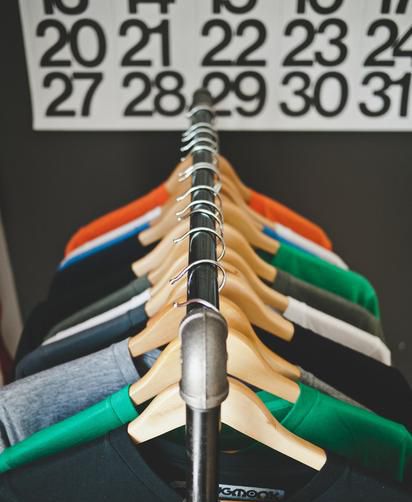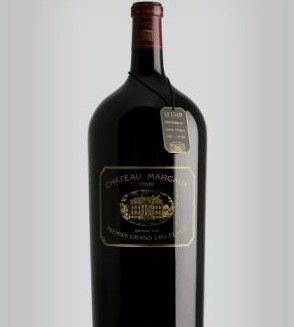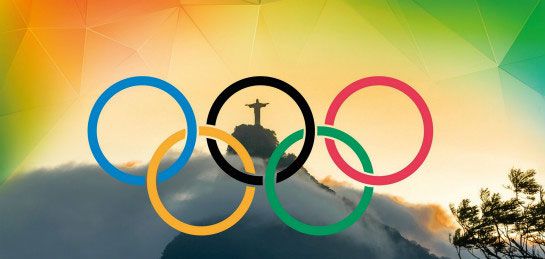英语口语高级训练(lesson8)b
|
2. I Feel Better with Vegetarian Food I grew up in Texas on double cheeseburgers with hickory sauce, chili, fried. chicken, T-bone steaks, and eggs. Many people report that they lose the taste for animal foods after eating a vegetarian diet for a while, but it hasn't fully happened to me. I still enjoy the way animal foods taste and smell, but I usually don't eat them. Why not? Because I like the way I feel when I don't eat these foods so much more than the pleasure I used to get from eating them. I have much more energy, I need less sleep, I feel calmer, I can maintain an ideal body weight without worrying about how much I eat, and I can think more clearly (although some might debate the last point)。 I began making some dietary and lifestyle changes during my second year of college and have been eating this way ever since. I wasn't worried about coronary heart disease at age nineteen-my cholesterol levelthen was only 125 (and it still is)。 I began feeling better after I started eating this way, so I continue to do so. Eating this diet probably will help me to live longer, but it,s not my primary motivation. Feeling better is. In my clinical experience, I often find that fear may be enough motivation for some people to begin a diet, but it's usually not enough to sustain it. As I've said earlier, who wants to live longer if you're not enjoying life? Since I began making these dietary changes in 1972, eating this way has become increasingly accepted. Beans and grains are becoming, believe it or not, high-status foods. 3. High-fat Diet, Little Strength You bring one of our football players in and put them on a stationary exercise bicycle and tell them to work as hard as they can for as long as they can, and you'll time them. Say the guy lasts for eight minutes, and then he's just exhausted. Then for three days you put him on a high-fat diet. He comes back in, goes on the bike and he'll last probably only six minutes. He's lost that much strength. Then put him on a high carbohydrate, low-fat diet for only three days, and he' 11 probably go up to 12 minutes. It makes that much difference. 4. I Feel Great Because I've Lost All That Extra Weight! During my first year of college, I gained forty pounds when I began throwing the javelin. For the next twenty years, I carried all of this extra weight and kidded myself that I was in good shape since that's what I weighed in college. Now that I've lost all that extra weight, I feel great! People say all the time, “Well, how do you live without eating cheeseburgers or this or that?” and I say, “You just don't. It's not even an option.” It's not that hard once you get on it. The most difficult parts for me are the social aspects of eating. For example, hamburgers were hard to do without at first because I identified eating them with fun times-sitting on the floor with the kids watching television, or in a fun place with people sitting around laughing, drinking beer and eating burgers. It's the same at a tailgate picnic at a football game. It was hard——not because of the foods there, but because of the social factors. But once you understand that, then you can say, “I can enjoy the social part without having to eat that food.” It's more what you're doing than the food itself. 5. Weight Watchers Jean Nidetch was a professional dieter, a housewife who tried every conceivable .slimming fad, lost weight with each one, then regained it thanks to her habitually “promiscuous?eating habits. In 1961, when she sought help from the obesity clinic run by New York City's Dept. of Health, she was 38 years old and weighed 214 lb. The clinic put her on a diet by Dr. Norman Jolliffe, best known.for his ”prudent diet“。 Convinced that she couldn't stick to it alone, Mrs. Nidetch invited some fat friends to form a group and meet weekly to made horror stories (secret midnight binging in the bathroom) and helpful hints(put that doughnut in the freezer to cool temptation)。 Established in 1963, Weight Watchers expanded into an international network of clubs, with a product line of diet drinks, sugar substitutes,and publications-the McDonald's of the reducing industry. “My little private club has become an industry,” wrote Mrs. Nidetch, amateur nutritionist, in The Story of Weight Watchers (1975)。 In 1978 the oiganization, with about $ 50 million in annual revenues and a cumulative membership of close to 2 million, was bought by Heinz Foods. |








